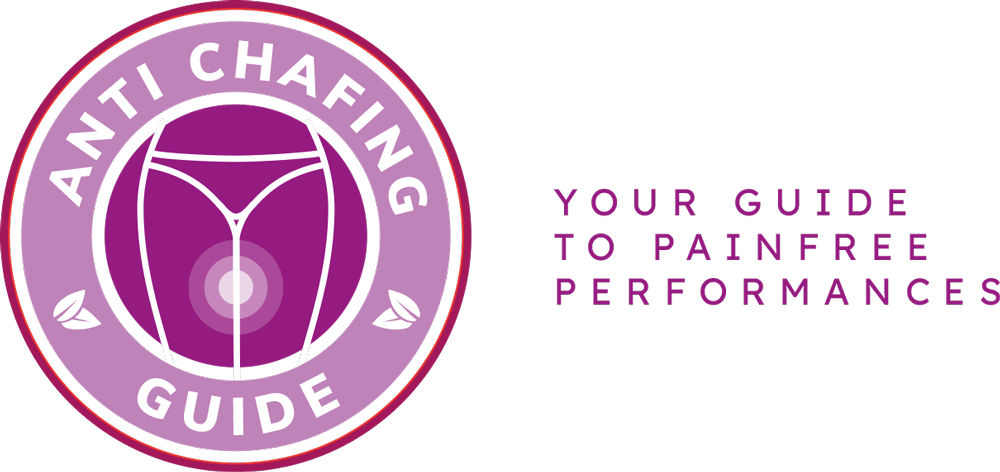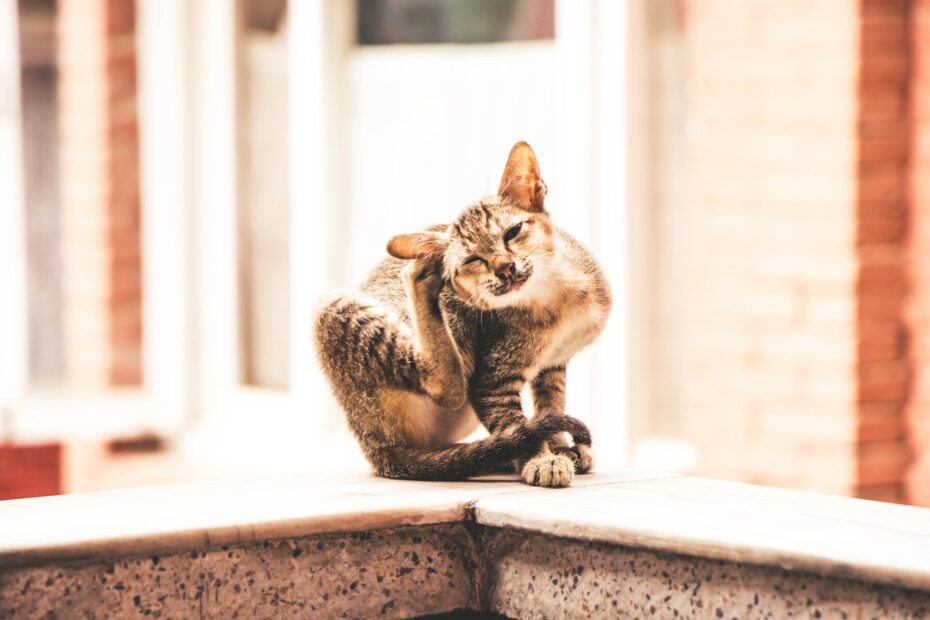Penile chafing, a bothersome condition that can lead to discomfort and itchiness, is a common issue faced by many individuals. But fear not, for there are expert dermatologist tips available to help you conquer the itch and keep your skin healthy and irritation-free.
So, how can you prevent and treat penile chafing? It all starts with understanding the condition itself. Penile chafing occurs when the delicate skin of the penile area experiences friction, moisture, and certain activities that can lead to irritation. Maintaining proper hygiene and care is crucial in preventing this condition from occurring.
When it comes to treatment and prevention, dermatologists recommend a variety of strategies. This may include using specialized products that are gentle on the skin, making lifestyle adjustments to reduce friction, and practicing good hygiene practices. By following these expert tips, you can alleviate symptoms and reduce the risk of future chafing episodes, ensuring your skin stays healthy and irritation-free.
Understanding Penile Chafing
Understanding Penile Chafing
Penile chafing is a common issue that many men experience, causing discomfort and itchiness in the genital area. It occurs when the delicate skin of the penis becomes irritated due to friction, moisture, or certain activities. Friction from tight clothing, vigorous sexual activity, or even excessive masturbation can contribute to chafing. Moisture from sweat or inadequate drying after bathing can also worsen the condition.
Common symptoms of penile chafing include redness, soreness, itching, and a burning sensation. If left untreated, it can lead to more serious complications such as skin infections.
To prevent and alleviate penile chafing, it is crucial to maintain proper hygiene and care. This includes wearing loose-fitting clothing, using lubrication during sexual activities, and keeping the genital area clean and dry. Applying a soothing moisturizer or using talcum powder can also help reduce friction and irritation.
By understanding the causes and symptoms of penile chafing and implementing good hygiene practices, you can effectively prevent and manage this uncomfortable condition, ensuring the health and well-being of your skin.
Treatment and Prevention Strategies
Treatment and prevention strategies play a crucial role in managing penile chafing and ensuring long-term relief. By adopting effective strategies, you can alleviate symptoms and reduce the risk of future chafing episodes. Dermatologists recommend a combination of products, lifestyle adjustments, and hygiene practices to combat this condition.
One of the key strategies is to use dermatologist-recommended products that are specifically formulated to soothe and protect the delicate penile skin. These products often contain ingredients like aloe vera, vitamin E, and chamomile, which have moisturizing and anti-inflammatory properties. Applying these products regularly can help alleviate discomfort and promote healing.
In addition to using specialized products, making lifestyle adjustments can also make a significant difference. Avoiding tight-fitting clothing and opting for breathable fabrics can reduce friction and moisture buildup, minimizing the chances of chafing. It’s also important to maintain good hygiene by keeping the genital area clean and dry, especially after physical activity or sweating excessively.
Furthermore, incorporating certain habits into your routine can help prevent penile chafing. For instance, using lubrication during sexual activities can reduce friction and minimize the risk of irritation. Taking breaks during prolonged physical activities that involve repetitive movements can also give the skin a chance to rest and recover.
By following these treatment and prevention strategies, you can effectively manage penile chafing and enjoy a comfortable, irritation-free experience. Remember, consulting with a dermatologist is always recommended for personalized advice and guidance.
Frequently Asked Questions
- What is penile chafing?
Penile chafing refers to the irritation and discomfort caused by friction on the skin of the penis. It can result from activities such as vigorous sexual intercourse, masturbation, or wearing tight clothing.
- What are the common symptoms of penile chafing?
Common symptoms of penile chafing include redness, soreness, itching, and a burning sensation. In some cases, the skin may also appear dry or flaky. It is important to address these symptoms promptly to prevent further irritation and potential infection.
- How can I prevent penile chafing?
To prevent penile chafing, it is crucial to maintain good hygiene and keep the area clean and dry. Avoid wearing tight or rough clothing that can cause friction. Applying a lubricant before engaging in sexual activities or using moisturizing creams can also help reduce the risk of chafing.
- What are some effective treatment options for penile chafing?
If you are experiencing penile chafing, it is recommended to gently cleanse the area with mild soap and warm water. Applying a soothing cream or ointment containing ingredients like aloe vera or hydrocortisone can help alleviate discomfort and promote healing. If the symptoms persist or worsen, it is advisable to consult a dermatologist for further evaluation and treatment.
- Can penile chafing be a sign of an underlying condition?
In some cases, penile chafing can be a symptom of an underlying condition such as a yeast infection, dermatitis, or sexually transmitted infection. If you experience persistent or recurrent chafing, it is important to seek medical advice to rule out any potential underlying issues and receive appropriate treatment.
- Are there any lifestyle adjustments I can make to reduce the risk of penile chafing?
Avoiding excessive friction and keeping the genital area clean and dry are key lifestyle adjustments to reduce the risk of penile chafing. Additionally, wearing loose-fitting and breathable underwear made of natural fabrics can help minimize irritation. It is also essential to stay hydrated and maintain a healthy diet to support overall skin health.


Keith is originally from Truckton, Colorado. The 54-year-old cared for his overweight wife for many years. Keitch is also a freelance editor at antichafing.net and supports the team as a competent advisor. In his spare time Keith enjoys reading books, visiting his homeland and is a passionate product tester for well-known manufacturers.

